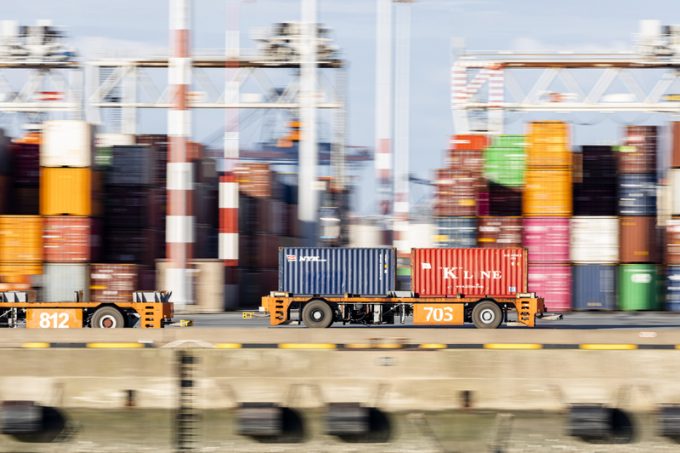Multiple factors return Rotterdam to top of Europe's box chart
Factors: congestion, omissions and land side

Scheduling ‘slidings’, ad-hoc port omissions and short-notice network structural changes are replacing blankings as the new challenges for shippers in 2021.
The latest advisory on “service adjustments” comes from 2M partners Maersk and MSC, relating to the transpacific tradelane.
MSC said it had decided to make some ...

Comment on this article